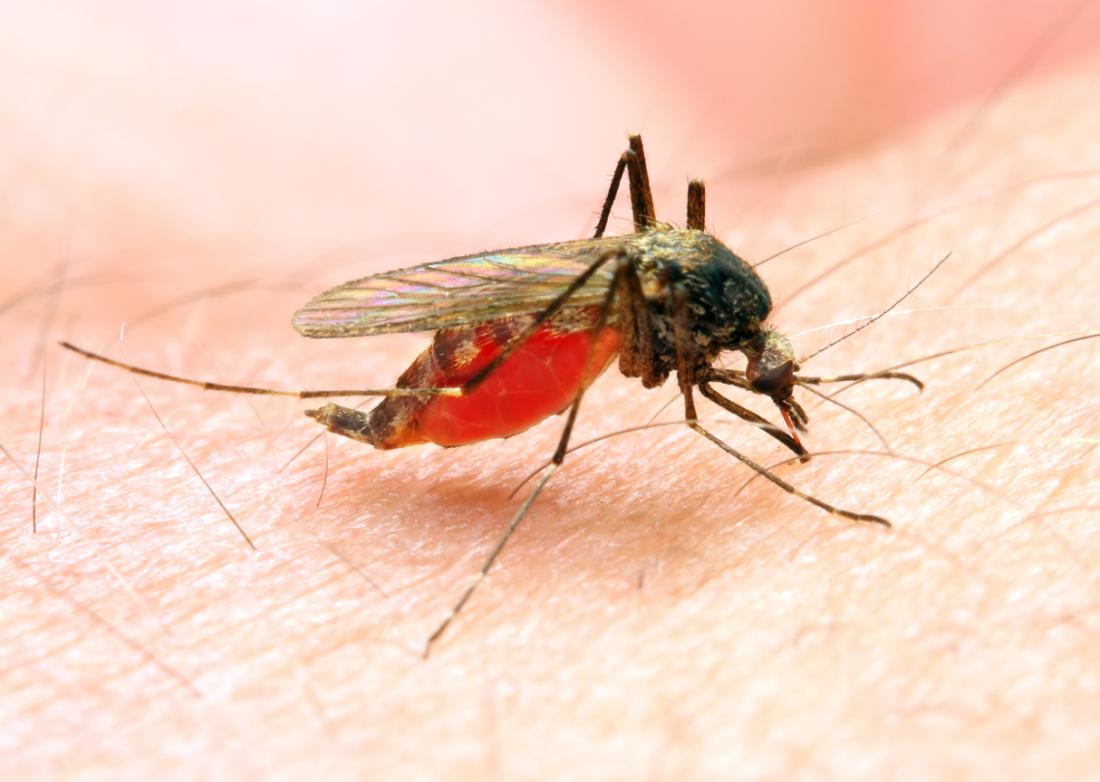
The international community marked the World Malaria Day, an occasion set aside to recognize global efforts to control this disease on 25 April 2020, with global theme of Zero Malaria Starts with me, according to International Centre of Insect Physiology and Ecology.
The International Centre of Insect Physiology and Ecology uses this occasion to retrospect on its accomplishments over the past 50 years. The Centre was founded at a time when malaria control in Africa largely focused on diagnosis and treatment. At this point, there is limited attention on mosquitoes which encompasses the transmission drivers of malaria. Moreover, the emergence in 1978 of resistance of malaria parasites to chloroquine, which was until then the widely used anti-malaria treatment, underlined the urgency to develop new management strategies. International Centre of Insect Physiology and Ecology opted to focus on several interrelated but under-researched topics, like the behavior and ecology of Anopheles mosquitoes.
The Centre has maintained this initial motivation, while also remaining alert and adjusting its research and advocacy efforts in view of evolving challenges in malaria control. For example, in the 1990s, concerned that the worlds attention was over-shifting to emerging health challenges in Africa, International Centre of Insect and Ecology was extremely vocal on the need for sustained efforts in control of malaria, a preventable and treatable disease that continued to impact heavily on Africa. Moreover, the Centre cautioned against single bullet approaches; instead of supporting integrated vector management. Also, International Centre of Insect Physiology and Ecology was in the frontline in advocating against the use of the environmentally harmful DDT in mosquito control. Indeed, in 2011, International Centre of Insect Physiology and Ecology was selected as a regional Centre under the Stockholm Convention on Persistent Organic Pollutants.
By the 2000s, there was evident progress in malaria prevalence reduction, largely resulting from intensified use of insecticide treated nets, with significant gains evident by 2015. International Centre of Insect physiology and Ecology recognized that the sustainability of these accomplishments was being undermined by various factors. Increasing resistance by mosquitoes to insecticides, adjustments in feeding behavior of the vectors; and growing ability of the insects to bite people outdoors, as well as a shift in their biting times are some of the obstacles. As a result, while past efforts had led to reduction of malaria cases by an estimated 40 percent, from around 2016 there has been a noticeable plateau.
This scenario stipulates the need for continued surveillance and vigilant tracking of changes in vector populations of vector-parasite, vector-host, host-parasite interactions, and malaria transmission patterns. In turn, this knowledge will guide the development of novel or locally adapted strategies to control the disease.
The Ethiopian Herald May 2/2020
BY MEHARI BEYENE





